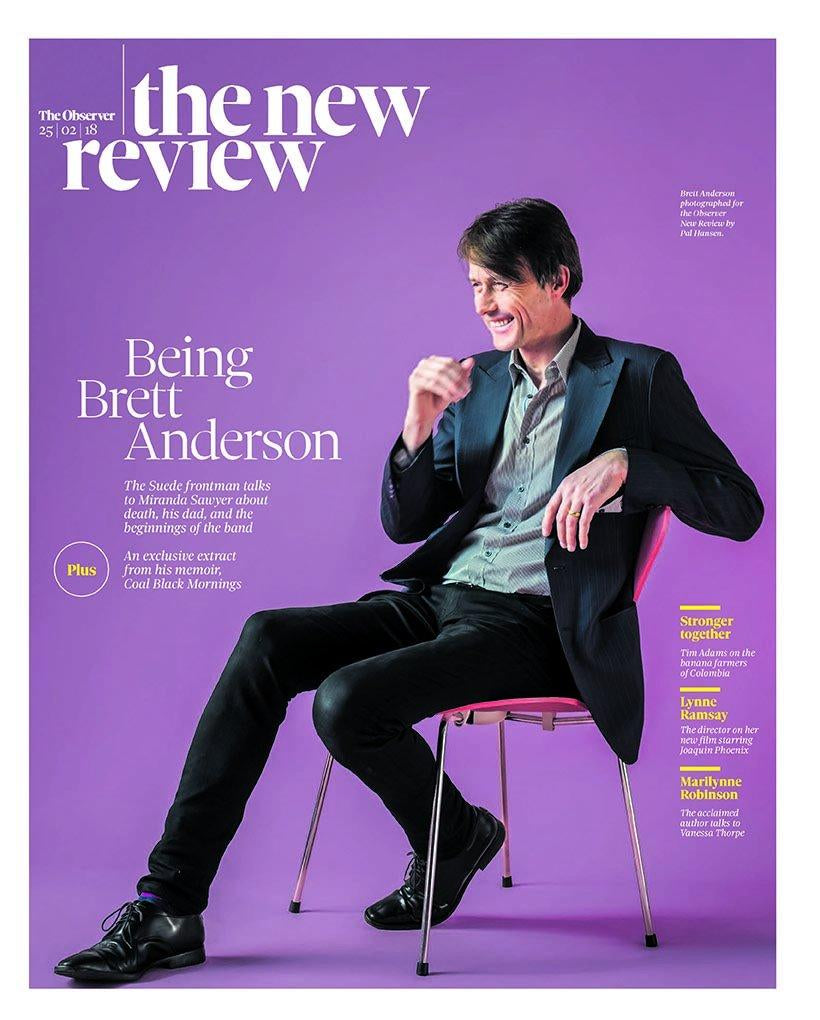I write this as someone who has recently undertaken work experience at The Guardian and is still riding off the byline buzz. I am individual who seeks a lot of comfort in the internet and one of the first things I did upon receiving confirmation of my placement was to take to Google and hunt out accounts of those who have participated in similar work. No such luck. Here is a brief account of my time working at the Observer New Review for two weeks in February 2018. It's not poncey; it's a straight-up, no-frills report.
- First day
Working hours were 10-6pm, although on the first day I was told to arrive at the office at 11am and was met in reception by one of the Editorial Administrator. It's a very impressive, foreboding glass building in a yuppie part of King's Cross. Don't be intimidated; adapt and relax. Pretend you are part of the pack and hoodwink the whole office into thinking you've been there for years. On the first day, work included extensive research for the 'Grid' feature of the New Review; an arts and photography column which selects six-eight images with a brief interview of 180 words which is available in print and online. I enthusiastically sent off eight suggestions before lunch, along with a short summary of the artist's work. These suggestions were subsequently passed around the office to see whether they may be suitable and I would later submit 25+ additional suggestions for this feature over the course of the two weeks before the final suggestion was accepted for publication on the 4th of March- Japanese photographer Osamu Yokonami's Spring series.
- Work
-Interviewing bookshop owners for the 'Browse a Bookshop' slot, then transcribing and writing the slot for print and online. I was given a byline here online and in print (4th March).
-Attending conference meetings for the Observer Politics, Observer Magazine and New Review.
-Researching and suggesting individuals to interview for an upcoming feature on US gun laws and mass school shootings.
-Selecting upcoming cultural highlights for albums/novels/theatre and proposing individuals to interview.
-Suggesting bookshops for the 'Browse a Bookshop' slot (10+).
- Advice
This said, don't spend the hours between tasks scrolling mindlessly through social media, luckily I had uni work and other commitments to keep myself busy, but ultimately it doesn't look good or counteract the "lazy millennial" stereotype if you're vacantly gazing at a Facebook feed. I was later told that a lot of work experience placements in the building are nephews and nieces of senior editors who often become disinterested and appear bored due to high expectations. I got the impression that weekend papers/magazine work is a considerable amount less high-pressured than newsrooms for daily papers. That doesn't mean there's not work to be done.
Work hard, keeping the end in sight. There is an immense amount of satisfaction in seeing one's byline (name) in print which may make up for the fact that the work is unpaid, apart from travel expenses. I was put in the compromising position of being offered (more unpaid) work after the work experience finished; an interview to write-up over the weekend for print and online publication. This was not a decision I took lightly, seeing as I was essentially being asked to surrender more of my time for free, when I should be studying for university. In the end, I decided that this was an opportunity I could not turn down, and so obligingly completed the task for the Monday following my two week placement.
Personally, I have to work incredibly hard to offset my nerves and self-consciousness, especially in a new environment. Once you adapt yourself to this new environment, be proactive, ask questions and make small talk. If you find that you have lots of questions regarding this line of work, drop people emails and suggest going for coffee or lunch. One of the best decision I made over the two weeks was meeting with a Commissioning Editor and asking them questions about how they entered the world of journalism and which work experience opportunities they had undertaken and would recommend.
Make it clear that you're keen to attend meetings- even if no-one in the office is interested if it's not directly applicable to their specific work. It shows you're eager to learn and listen. It's also bloody fascinating and reminds you of the power which journalism wields in influencing the zeitgeist and legislation. I found a particular meeting on a special report concerning the poor state of UK prison's to be thoroughly enlightening. I admired the pragmatic approach of conference members who put forward realistic suggestions of how prisons must be improved. Also the biscuits are delicious.
*************
Any questions- drop me a line! I'm happy to discuss my time with any prospective work-experiencers. Here's to hoping we'll get paid for it someday.
 |
| Credit: The Guardian News and Media |
No comments:
Post a Comment